Samsung Galaxy Book S review: taking portability to the next level
The Samsung Galaxy Book S will have a lot of appeal for a lot of users
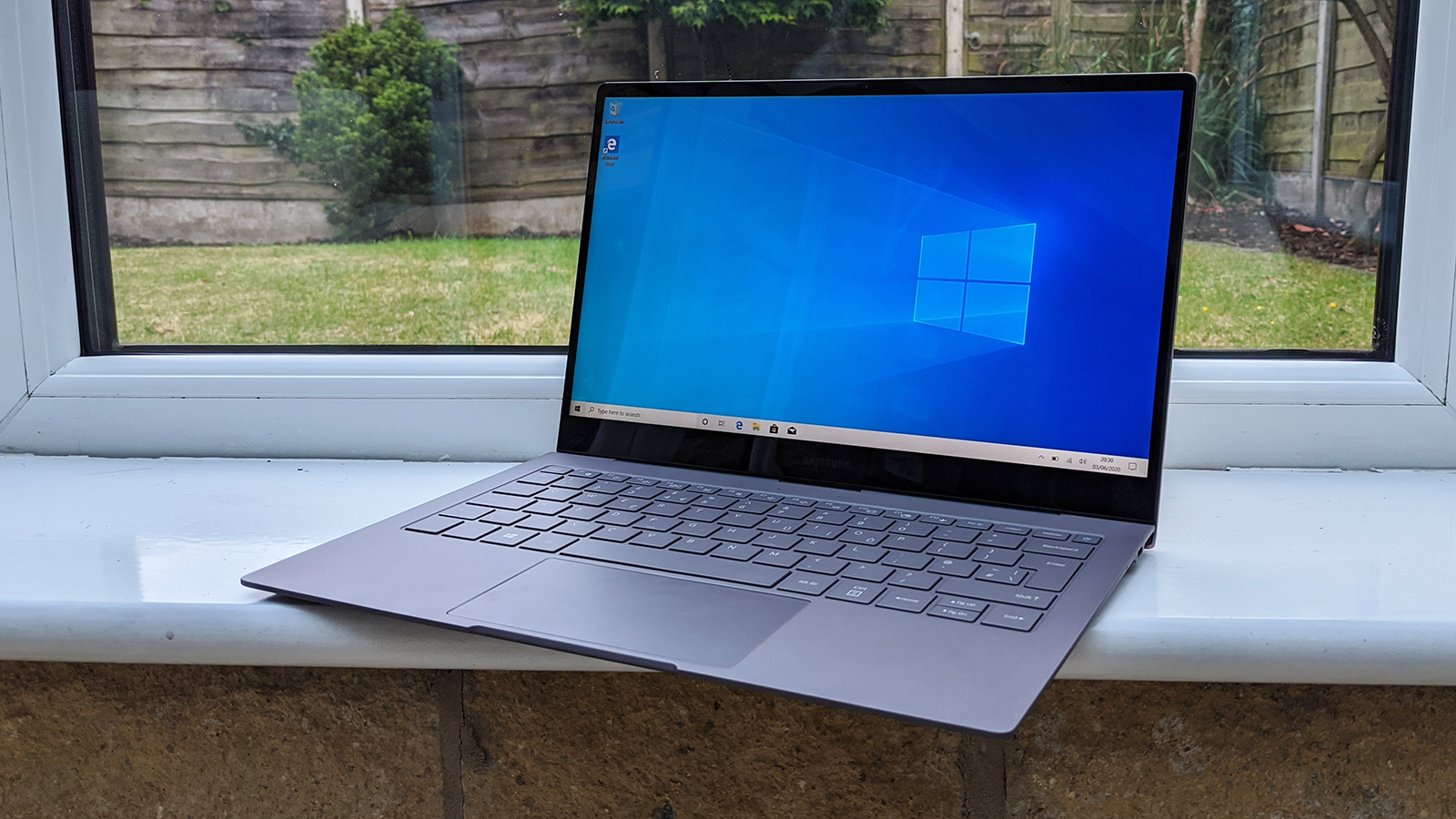
The Samsung Galaxy Book S is one of those laptops that's really good for some people and some use cases, while also having weaknesses that are going to put certain people off. If you need what this laptop can offer, then it's worth its admittedly high asking price.
-
+
Excellent battery life
-
+
Really lightweight
-
+
4G LTE connectivity
-
-
Low-powered processor
-
-
Trackpad isn't great
-
-
Some apps not optimised
Why you can trust T3

The Samsung Galaxy Book S is undoubtedly aiming to be one of the sleekest, lightest Windows laptops on the market, the ultimate in portability (if not power), the laptop you can take anywhere you would take a tablet... so has it succeeded in its lofty aims?
We've been spending a few days with the Samsung Galaxy Book S and you can read our thoughts below. The Windows 10 laptop comes with a 13.3-inch, 1920 x 1080 TFT LCD display, with pleasingly thin bezels, and is a gem of a laptop in terms of its aesthetics.
- Here are all the best laptops you can buy right now
- Our list of the very best lightweight laptops of the year
And here's the rub – it runs on a Qualcomm CPU (the Snapdragon 8cx) rather than anything made by Intel and AMD. That cuts down its performance levels, but it should mean boosts in battery power and boot up times, as we'll see further down in this review.
The laptop also has 4G/LTE connectivity built right in (as long as you have a SIM card and a data plan), so you can carry on computing from anywhere. If you're already thinking about picking this up from your local laptop retailer, read on for our full Galaxy Book S verdict.
Samsung Galaxy Book S review: design and screen
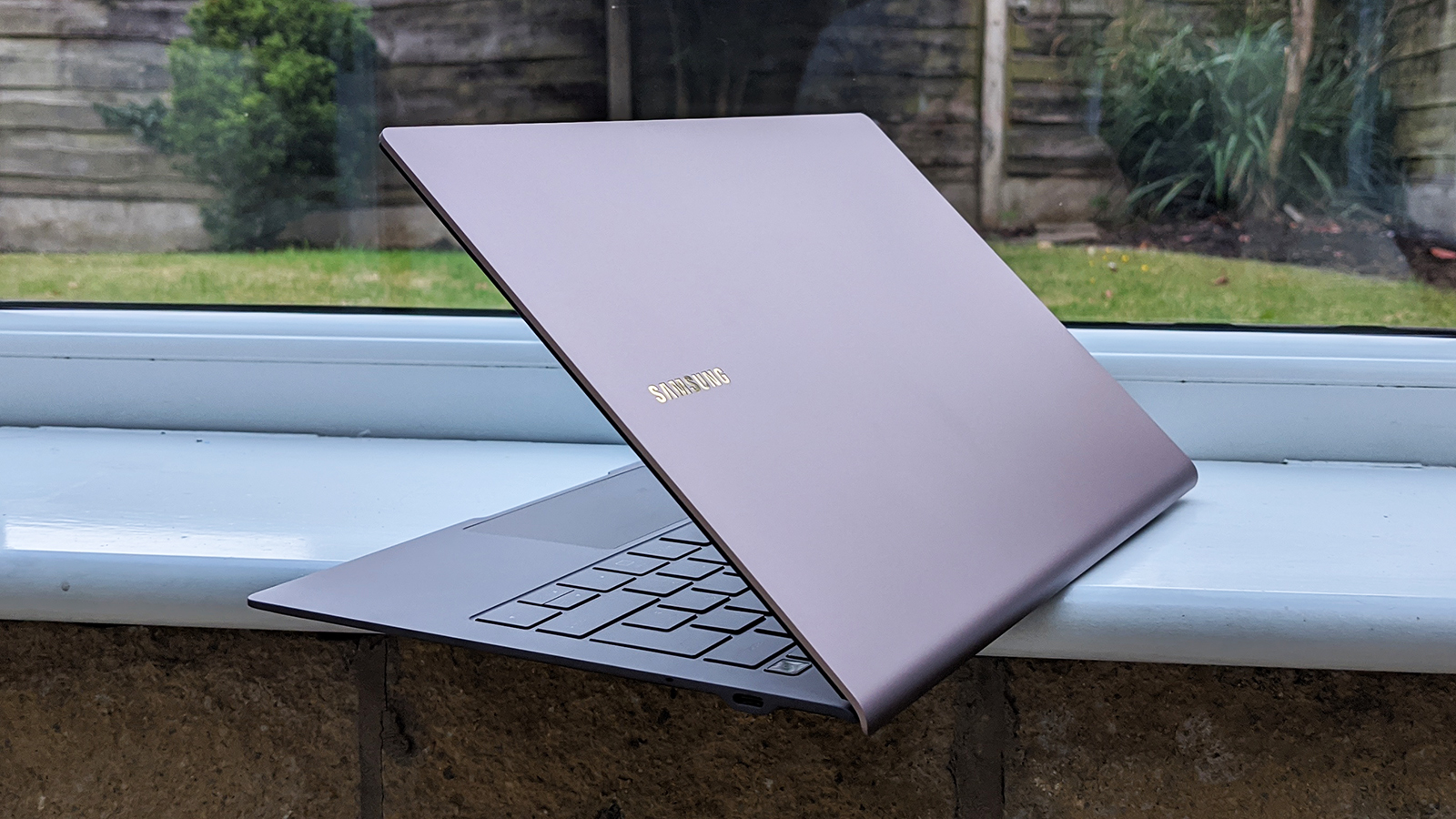
We have to admit to being rather taken with the design of the Samsung Galaxy Book S – it's a lovely looking laptop, available in a sort of brown and bronze combination that Samsung is calling Earthy Gold. It's a pleasure just to move your fingers across the textured, matte metal chassis, and to be honest a lot of the time we preferred just looking at the laptop rather than doing any actual work on it (though perhaps that says more about us than it does about the hardware).
The laptop tips the scales at just 960 grams (2.12 pounds) and is 11.8 mm (0.46 inches) thick at its thickest point – we're talking Surface and iPad territory here. You can very easily carry the laptop around with one hand, and if you've got some work to do on a plane or a train then the Samsung Galaxy Book S will fit the bill very nicely (don't forget that always-on cellular connectivity either).
It's a really well built device that manages to still feel sturdy even though it's fantastically lightweight, and the fanless design means it's super-quiet too. We did notice it getting a little hot in use underneath, but you shouldn't have any major problems – especially if you're using it on a desk rather than your lap. Samsung has been in the hardware game a long time of course, and it shines through in the Galaxy Book S design.
Typing is nice and responsive (and extra points for the fingerprint sensor in the keyboard), though the trackpad feels a little clunky at times. It's by no means a dealbreaker, but whatever Apple is doing with its MacBook trackpads should be copied by everyone else, as soon as possible (Apple has had much more trouble with keyboards, of course). Overall, we can have no complaints about the design and the screen of the Galaxy Book S – it's definitely up there with the best in these areas.
- In education? Check out our guide to the best student laptops
Samsung Galaxy Book S review: specs and features
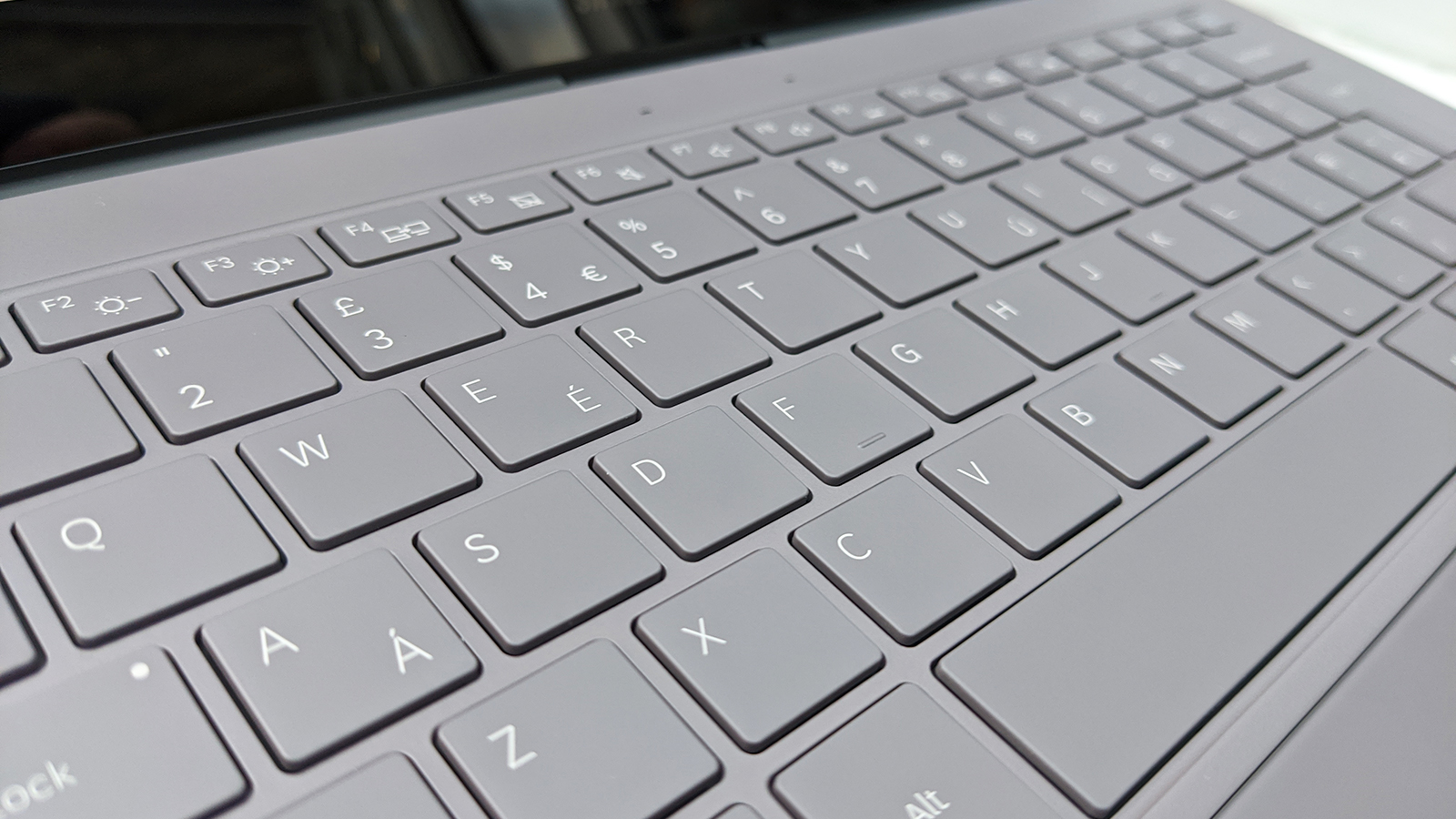
We've already mentioned some of the specs of the Samsung Galaxy Book S: alongside that Qualcomm Snapdragon 8cx processor we've got 8GB of RAM and 256GB of storage, and you can expand that with a memory card, if you want to. Two USB-C ports and a headphone jack (which is good to see) complete the picture. You get some stereo speakers tuned by AKG, and they throw out a decent level of sound, too.
Performance was good, on the whole – not fantastic, but good. It's worth noting that not all Windows desktop apps are optimised for running on these kind of mobile chips yet, which might cause a little bit of sluggishness and slowness, something we noticed during our time with the Galaxy Book S (Google Chrome is one program still to be upgraded). As long as your ambitions aren't too high though, it's perfectly fine.
4G LTE connectivity works well and is really convenient: it's amazing how much more convenient it is than tethering from your phone, even though you're really only saving 30 seconds or so each time. It's an added bonus for those on-the-go workers, and of course means you won't be hunting for a coffee shop with Wi-Fi or running down the battery on your phone while you're tethering it.
Speaking of battery life – one of the key benefits of going with a less powerful mobile processor – it is fantastic on the Galaxy Book S, and we could go for a 10-hour day and still have a sizable bit left in the tank. In our usual battery test of an hour's video at maximum brightness and medium volume, the laptop slipped from a full charge down to 88 percent (though this was in the non-optimised Chrome browser).
- All the best laptops under £500 in one place for you
Samsung Galaxy Book S review: price and verdict
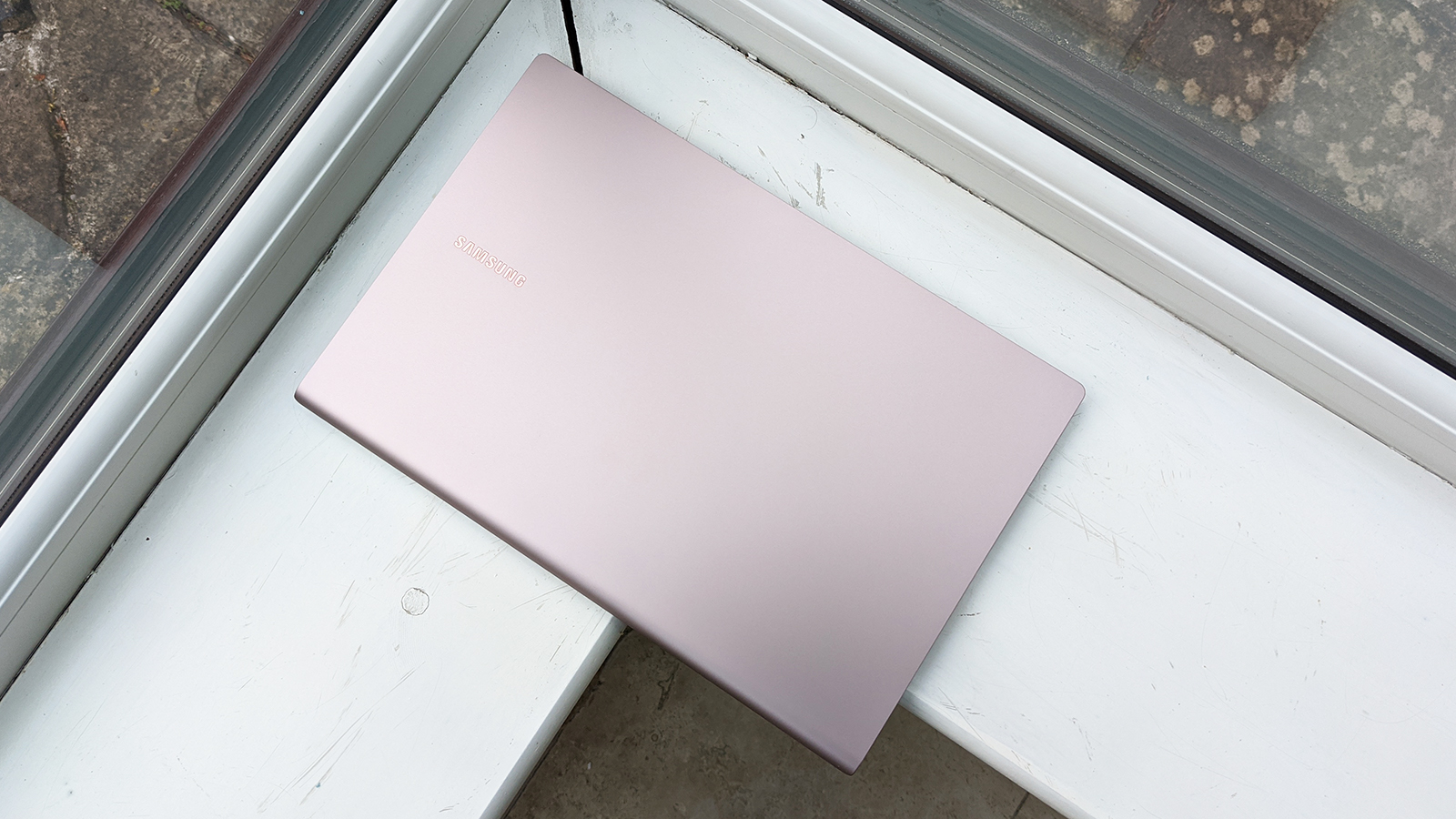
This is not a laptop to crunch through some 4K video editing with or to play some top-tier PC games on – you might as well try the same jobs on your phone, because the end result will be similar. It is, however, a laptop that's perfect for people who need to get work done on the go (and watch a few movies or TV shows at the end of the day).
In our time with the Samsung Galaxy Book S we were definitely impressed with its lightweight form factor, with the overall design, with the bright and clear screen, and with some aspects of its speed (boot up times, connectivity). It comes with a premium price and a lot of the time it feels like a premium laptop too.
However, we did notice occasional lag and slowdown, and sometimes it does get a touch hot with its fanless design. Developers are still optimising their apps to work on Windows running this sort of mobile processor – but it's not a major problem in our eyes, and the situation should improve in the future.
As long as you know what you are getting and what you aren't getting from the Samsung Galaxy Book S, then we think it's worth the money – especially if you value compactness and connectivity above all. We were disappointed when the review time came to an end, which isn't something we can say about every laptop that's crossed our desk, and the next version of this device should be even better still.
- Our list of the best gaming laptops money can buy
Sign up to the T3 newsletter for smarter living straight to your inbox
Get all the latest news, reviews, deals and buying guides on gorgeous tech, home and active products from the T3 experts
Dave has over 20 years' experience in the tech journalism industry, covering hardware and software across mobile, computing, smart home, home entertainment, wearables, gaming and the web – you can find his writing online, in print, and even in the occasional scientific paper, across major tech titles like T3, TechRadar, Gizmodo and Wired. Outside of work, he enjoys long walks in the countryside, skiing down mountains, watching football matches (as long as his team is winning) and keeping up with the latest movies.
-
 Warning: Ciele’s refreshed Elite Collection may cause excessive garment envy on race day
Warning: Ciele’s refreshed Elite Collection may cause excessive garment envy on race dayFlex on your run crew with Ciele’s latest drop
By Matt Kollat Published
-
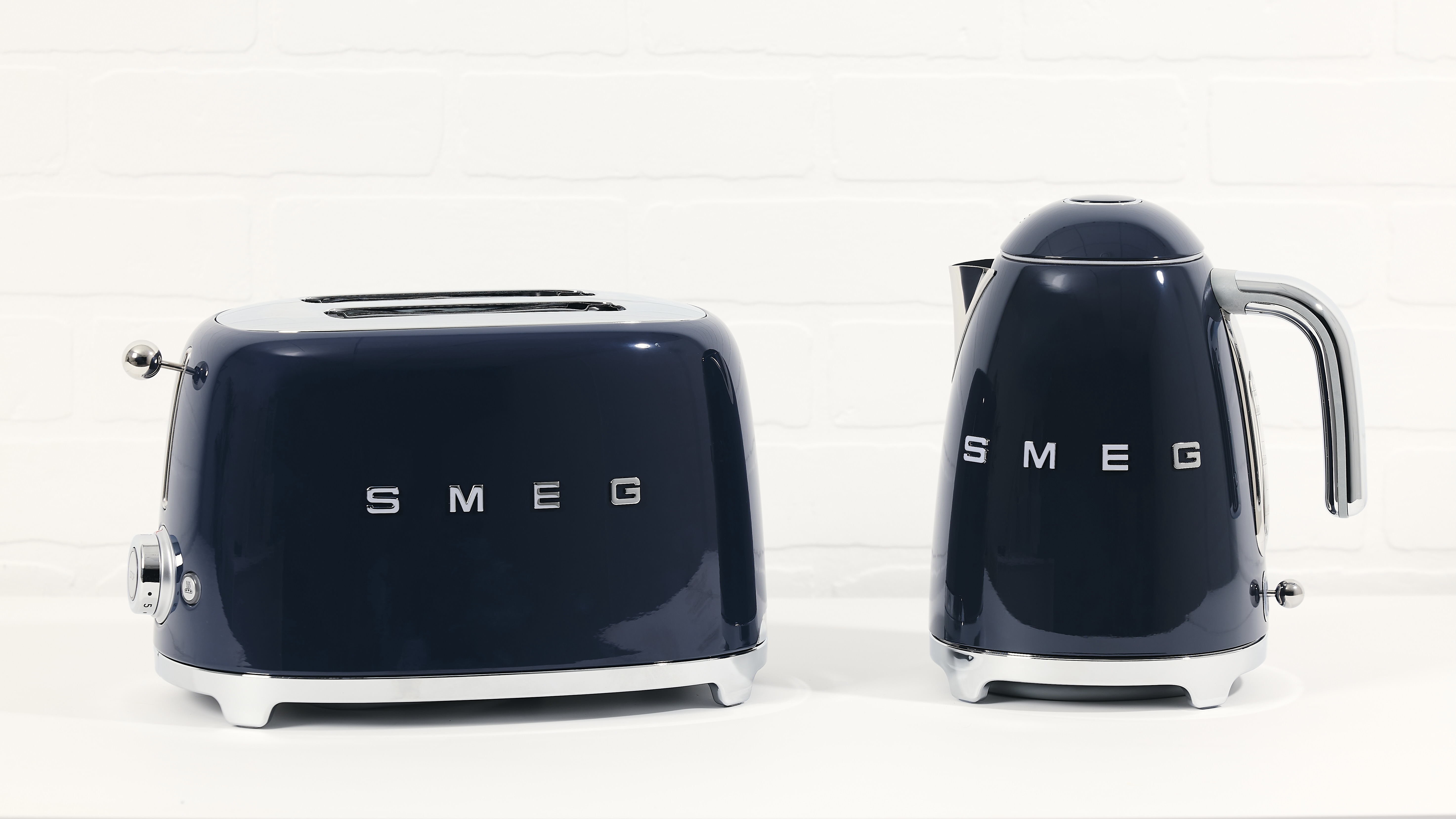 Smeg adds a touch of navy sophistication to its iconic breakfast set
Smeg adds a touch of navy sophistication to its iconic breakfast setIt's a minimalist's dream
By Lizzie Wilmot Published
-
 My most anticipated Netflix movie of the year gets a wild new trailer
My most anticipated Netflix movie of the year gets a wild new trailerHavoc looks pretty unbelievable
By Max Freeman-Mills Published